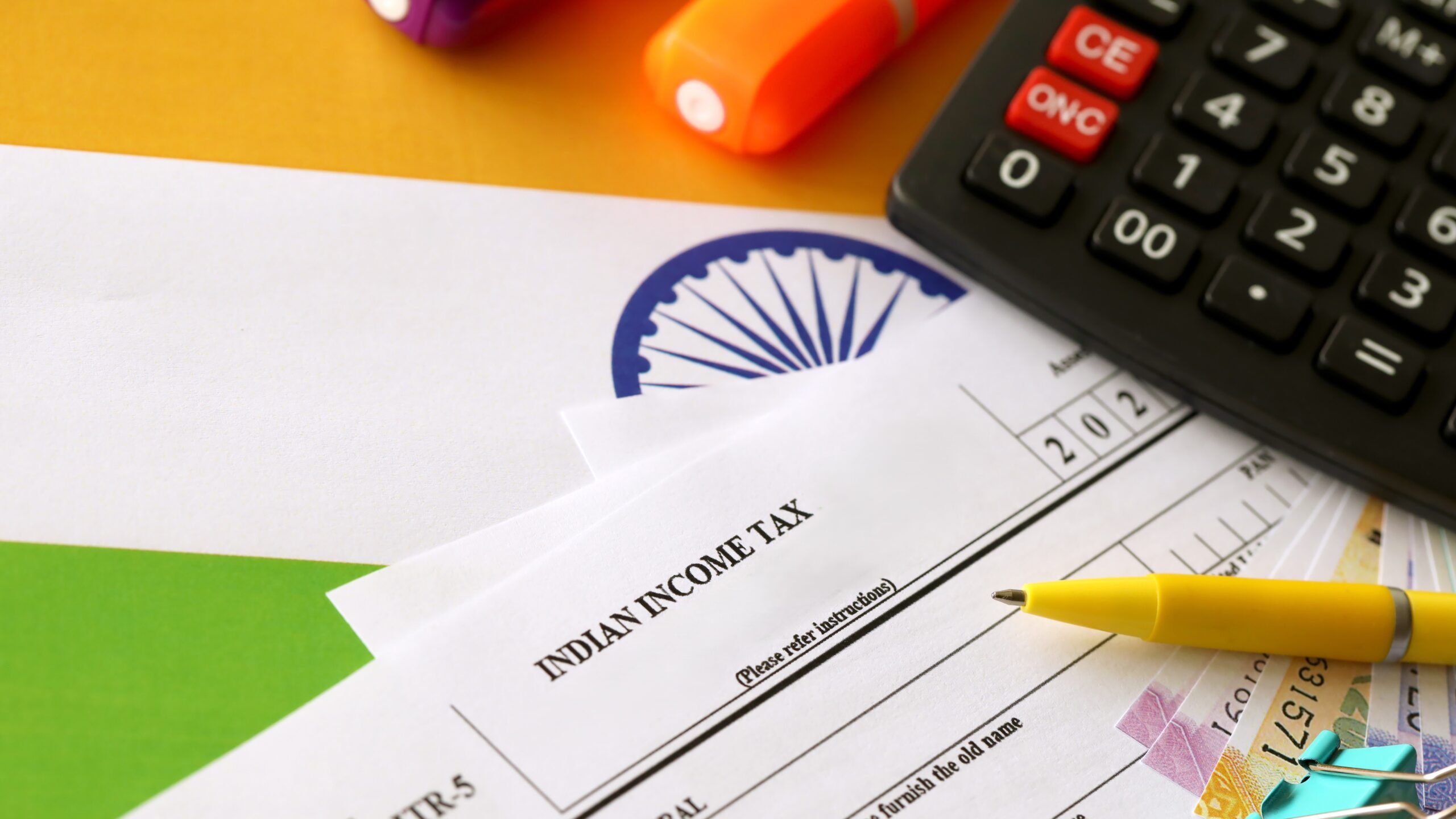If you’re an avid gambler or even someone who’s just curious about gambling in India, one of the most important things you should understand is the taxation system. Gambling can be an exciting venture, but just like any other form of income, it comes with its own set of tax regulations. This article will walk you through everything you need to know about gambling taxes in India, the laws surrounding them, and what happens when you win big.
Types of Gambling in India
Legal vs Illegal Gambling
India’s approach to gambling is multifaceted, with laws and regulations varying significantly across the country. The primary distinction between legal and illegal gambling activities is determined at the state level, as each state has the power to enact and enforce its own laws. This decentralized system means that what is legal in one state may be prohibited in another. Broadly speaking, legal gambling in India includes activities that are formally licensed and regulated by the government. Examples of these legal activities are casinos, horse racing, and state-run lotteries. These gambling activities are heavily regulated to ensure fairness, transparency, and to minimize the risks of illegal operations.
On the other hand, illegal gambling activities are those that operate without government oversight or licensing. These activities often take place in unregulated environments, such as private betting rings, street gambling, or illegal online gambling platforms. In recent years, the growth of online gambling has introduced significant concerns about the prevalence of illegal betting websites, which often operate outside the reach of Indian authorities. This disparity in regulation has made it increasingly difficult to control and monitor gambling activities, especially when it comes to online platforms that may cater to Indian citizens but operate from abroad. The illegal gambling sector remains a significant challenge for Indian authorities, who are constantly working to close the loopholes in the law.
Different Forms of Gambling in India
Gambling in India takes many different forms, with each having its own legal status. Some forms of gambling are fully legalized and regulated, while others exist in legal gray areas or are outright banned. One of the most well-known forms of legal gambling is casino gambling. States like Goa and Sikkim have legalized land-based casinos where individuals can enjoy a wide range of gaming options, from slot machines to table games such as blackjack and roulette. These casinos are carefully regulated by the state to ensure fairness and to collect taxes on gambling revenues, which benefit the local economy.
Another prominent form of gambling in India is online gambling. While not explicitly banned, online gambling remains an ambiguous area of law. Several states, including Sikkim, have taken steps to regulate online casinos and betting, allowing players to gamble online under certain conditions. Despite this, many online gambling platforms operate in a legal gray area, and issues of jurisdictional authority make enforcement of laws difficult. Horse racing is another form of gambling that is both legal and taxable in India. Horse racing, with its long history in the country, is widely regarded as a legitimate form of betting and attracts large numbers of participants. Similarly, lotteries are legal in many parts of India, particularly those run by state governments, but private lotteries are strictly prohibited under Indian law.
The Legal Framework for Gambling in India
Gambling Laws in India
India’s gambling laws are rooted in the Public Gambling Act of 1867, which was introduced during British rule to control gambling activities. This act explicitly prohibits the operation of gambling houses, as well as the act of visiting them, in most states. However, it also allows states to make exceptions, and several states have done so over the years by legalizing certain forms of gambling, like casinos and horse racing. While this law was effective during its time, it has become outdated, especially with the rise of online gambling, which the Act does not address.
In addition to the Public Gambling Act, the Information Technology Act, 2000 plays an important role in regulating online gambling activities. As more people in India turn to online gambling, this act has become the go-to legislation for managing issues related to internet gambling, such as online betting and gaming. However, the application of this act to online gambling remains unclear in some cases, especially with platforms operating from outside India, which complicates enforcement. Key aspects of the gambling laws in India include:
- The Public Gambling Act, 1867, which focuses on land-based gambling houses and bans their operation in most states.
- The Information Technology Act, 2000, which is more relevant for regulating online gambling and betting activities.
- The fact that online gambling remains a gray area, with no specific laws addressing it comprehensively.
These two laws are the backbone of India’s gambling regulation, but the legal landscape remains complex and constantly evolving, especially with the growth of online gambling platforms.
The Role of States in Regulating Gambling
While the central government lays down the general guidelines for gambling laws in India, it is individual states that have the power to regulate and control gambling activities within their own jurisdictions. This means that gambling laws vary significantly across the country, creating a complex legal framework. States like Goa, Sikkim, and Daman have established their own laws to allow gambling activities, such as land-based casinos and online betting, under strict regulatory conditions. These states regulate gambling through licenses, taxes, and operational requirements to ensure fairness and transparency.
The differences in state laws lead to a fragmented gambling system in India. For example:
- Goa and Sikkim: These states have legalized casinos and offer a regulated environment for both physical and online gambling. Goa is known for its vibrant casino industry, while Sikkim was one of the first states to regulate online gambling, allowing licensed operators to offer online betting and gaming to players within its borders.
- Other states: In contrast, states like Tamil Nadu, Uttar Pradesh, and Maharashtra have not legalized gambling, and in some cases, gambling activities are heavily restricted or prohibited.
This variance creates a situation where gambling is legal in some states but completely banned in others, leading to inconsistent enforcement and challenges in regulating cross-border online gambling. While states have the autonomy to decide on gambling laws, this decentralized approach often leads to confusion among gamblers and operators alike. It also raises concerns about the potential for illegal gambling activities in states where it is prohibited.
Taxation on Gambling Winnings in India
Overview of Gambling Taxes
The Indian government applies a taxation rate of 30% on all gambling winnings, regardless of the amount won or the type of gambling activity. This tax is applicable to various forms of gambling, such as winning at casinos, sports betting, lotteries, or any other gambling activity that results in earnings.
Whether it’s a massive jackpot win at a casino or a relatively smaller lottery prize, the tax treatment remains the same. This ensures a consistent approach to taxation across all gambling activities in India, but it also means that gambling winnings are taxed heavily in comparison to other types of income.
| Type of Gambling | Tax Rate | Tax Calculation |
| Casino Winnings | 30% | 30% of total winnings |
| Lottery Winnings | 30% | 30% of total prize money |
| Sports Betting | 30% | 30% of total winnings |
How Gambling Winnings Are Taxed
In India, gambling winnings are classified as “income” under the Income Tax Act of 1961, and therefore, they must be reported when filing annual taxes. When a person wins money through gambling, these winnings are considered separate from regular income and taxed as part of the total income at a flat 30% rate.
This flat rate is considerably higher than the standard tax rates for most forms of income in India, which makes gambling winnings uniquely taxed. For instance, regular salaries are taxed progressively, but gambling winnings face a uniform rate regardless of whether the winnings are a large jackpot or a small amount. Importantly, there are no allowances for losses in gambling to be offset against winnings for tax purposes, meaning the full amount won is taxable.
| Gambling Activity | Taxable Amount | Tax Rate |
| Casino Winnings | Total winnings | 30% |
| Lottery Winnings | Total prize amount | 30% |
| Sports Betting Winnings | Total winnings | 30% |
Tax Deducted at Source (TDS) on Gambling Winnings
When an individual wins a significant amount of money, the Tax Deducted at Source (TDS) system comes into play. Under this system, the gambling operator—whether it’s a casino, a lottery agency, or a betting platform—is responsible for deducting the applicable tax before handing over the winnings to the winner. This ensures that the taxes are paid promptly and directly from the winnings.
For winnings above a certain threshold, the TDS rate is 30%, which is the same as the flat tax rate for gambling winnings. This applies regardless of the platform where the gambling occurs, ensuring that taxes are collected in a uniform manner. The TDS is deducted before the winnings are given to the winner, so players can rest assured that their tax liability is already handled.
Online Gambling and Taxation
Online Gambling Regulations in India
The online gambling industry in India is flourishing, with many platforms offering a variety of gambling activities, from virtual casinos to online sports betting. While there is no unified national law governing online gambling, some states have taken the initiative to regulate it within their own jurisdictions. Goa and Sikkim are two states that have developed specific regulations for online gambling, allowing licensed operators to offer online betting and casino games to residents. This has helped ensure that online gambling activities are safe, transparent, and subject to oversight.
Despite these state-specific regulations, many online gambling platforms continue to operate in a legal gray area. This means that, in many cases, Indian players can access and gamble on platforms that may not be licensed by the government or even operate from within the country. While there is no national prohibition against online gambling, the lack of comprehensive national laws leads to uncertainty for both operators and players. Additionally, online gambling platforms are often registered in foreign countries, making it challenging for Indian authorities to regulate and enforce existing laws. As the popularity of online gambling continues to grow, there may be increased calls for more comprehensive national regulations to address these issues.
Tax Implications for Online Gambling
Winnings from online gambling are taxed in the same way as winnings from physical gambling establishments. The flat 30% tax rate applies to all gambling earnings, regardless of whether they come from an online casino, sports betting platform, or online lottery. Similar to land-based casinos, online gambling platforms must comply with the Tax Deducted at Source (TDS) system. This means that operators will withhold the appropriate tax amount before the player receives their winnings, ensuring that taxes are collected upfront.
However, the taxation of online gambling can be a bit more complicated due to the lack of clarity around jurisdictional issues. Depending on where the online gambling platform is based and the state in which the player resides, tax treatment might vary slightly. For example, some states may impose additional taxes on winnings or have different rules regarding the reporting and payment of taxes. This can create confusion for players, particularly when gambling on international platforms that are not subject to the same regulations as Indian-licensed operators. Nonetheless, as long as the gambling winnings are reported correctly and taxed at the rate of 30%, players can ensure that they comply with the law.




